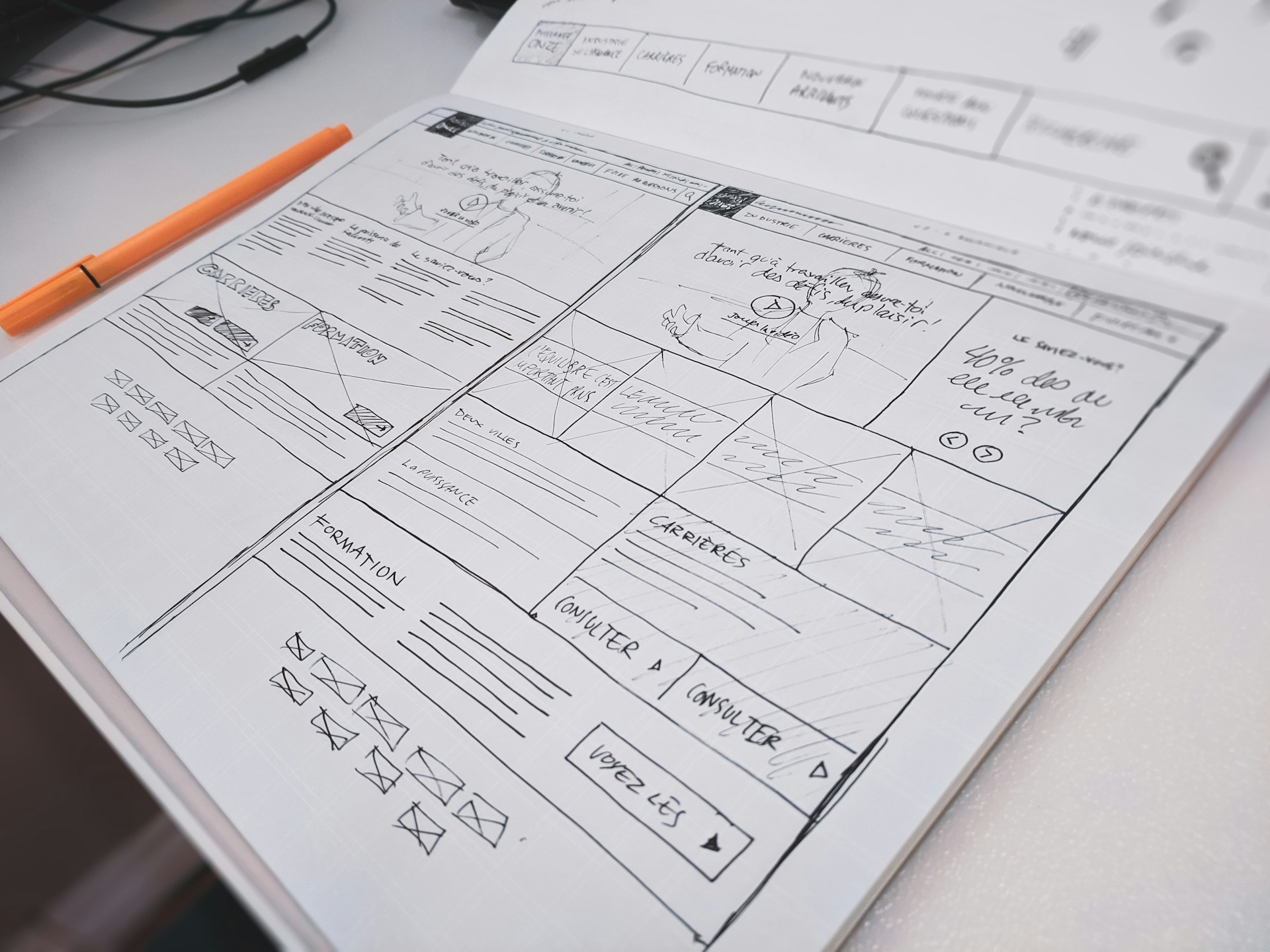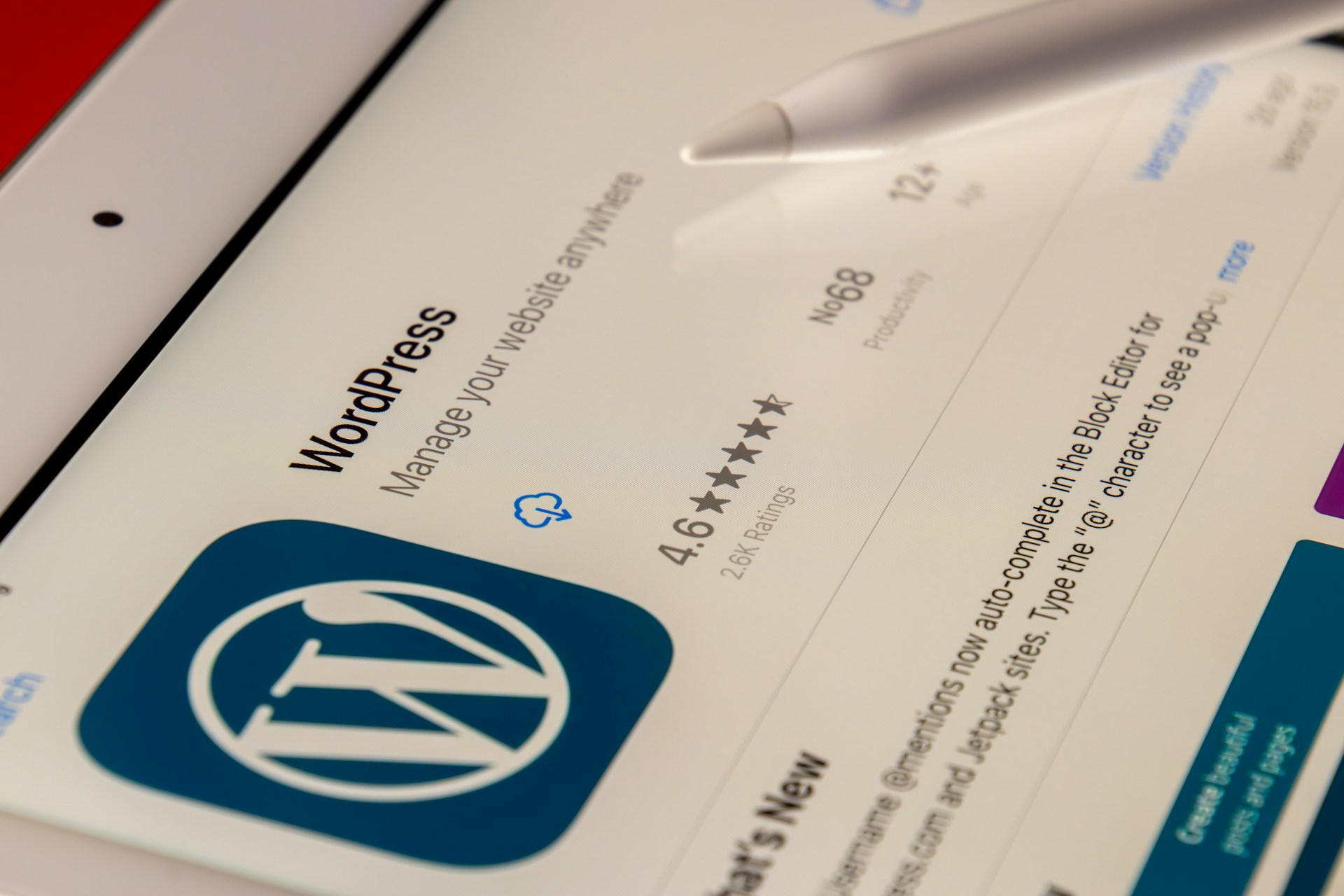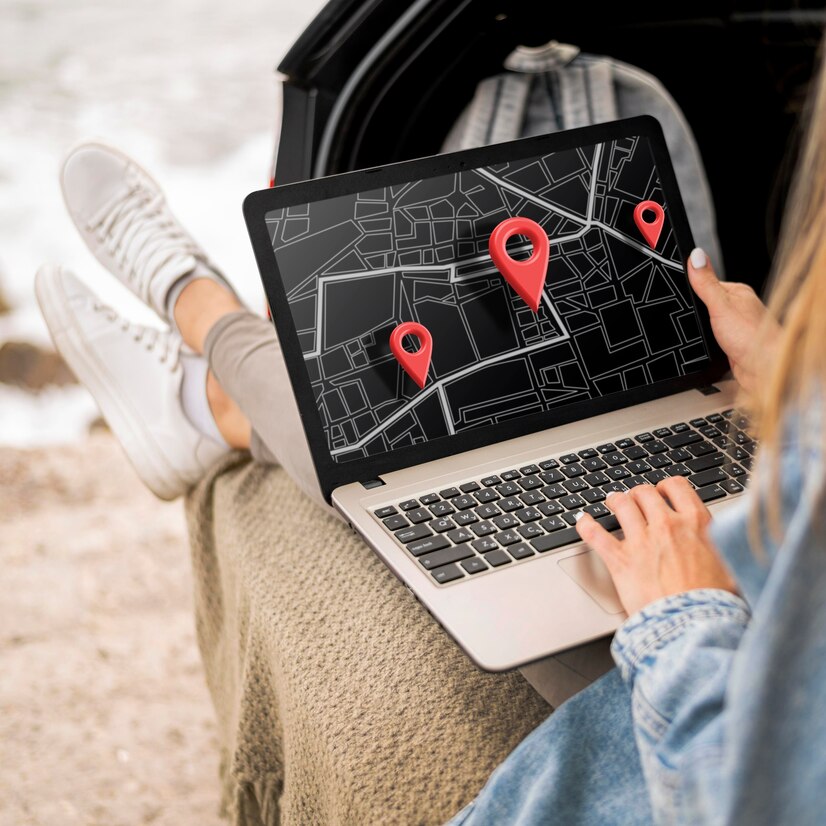Don’t Overlook Accessibility In Your Digital Marketing Process
Accessible marketing is essential for companies that want to improve their reach. Part of the digital marketing process is developing a website and creating content, and when creating these things, you must consider the needs of everyone to ensure you are not limiting your business. Quality user experience is vital in this sense.
Quick Links
As such, accessibility should be at the forefront of your UX design and marketing process. In this article, we’ll discuss what it means for marketing and content to be accessible, why it’s important, and how you can make your own website and digital marketing more accessible.
Why Accessibility in Digital Marketing is Important
When it comes to creating a digital marketing strategy and designing a website, it’s all about the user experience. The end goal is, of course, to grow your company and increase profits, but your content and marketing strategy should always be user- or consumer-focused if you want to be successful. Your customers are like the glue that holds your brand together; without them, you wouldn’t have any business or make any money.
Building a brand that people can trust is a major part of running a successful business, and the key to brand loyalty is accessibility. The more customers you reach, the more your business will grow — and reaching more customers requires marketing and content that is accessible to all. Accessibility means developing content, such as your website, using tools and technologies that enable access for all users, regardless of their limitations or disabilities.
Accessibility has always been important, but it is even more crucial in today’s society. With everything going digital, it’s essential for companies to design websites and market their content in a way that is accessible to all, but it’s easy sometimes for companies to forget about doing this within the digital scope of things. When a company designs a store, for example, there are often accessibility requirements that will allow people with limitations to access the store and its products — but not everyone thinks that way when designing a website. Nevertheless, accessible websites are just as important.
The internet is now our primary source for solutions to our problems, whether that be simply to find answers or to find products or services to meet a certain need. But if not everyone can access your website to get what they need, then you are limiting your reach and your ability to grow your business and your customer base.
Ways You Can Make Your Website and Marketing Content More Accessible
If you want to boost your business, then you have to center your website and marketing around accessibility. Your design should enable everyone to access your site through multiple sensory channels, whether they have limitations or not. This means using tools, systems, and code that allow users to access and navigate your site and marketing content beyond the standard point-and-click mechanism. Accessible websites are user-friendly with quality UX design that allows for full accessibility through multiple mechanisms such as voice, touch, and audio.
Ways you can make your content more accessible include:
1. Using a CMS that allows for accessibility
When designing a website, there are numerous content management systems to choose from. Each has its own unique offerings and capabilities. If your current CMS does not have a lot of options that allow you to make your site more accessible, consider upgrading to a new one. For example, various systems allow for different themes, modules, plugins, widgets, and other elements that can enable you to create a more accessible site.
2. Structure your headings
Those who are visually impaired require screen readers to access and read the content on your website. If your headings are not properly structured when coding, it can make the site confusing and hard to read with a screen reader. Make sure you are using heading tags, using headings in the right order (i.e., h1, h2, h3 ), and utilizing CSS for accessibility as well.
3. Use alt text
Similar to headings, screen readers also read alt text aloud to users, so they know what images, videos, or graphics are being displayed. As such, it’s important to always use alt text for these elements and make sure it makes sense and accurately describes the image or video it’s attached to.
4. Use subtitles for video content
For those with hearing limitations, make sure you have subtitles for any audio content on your site. A vast majority of websites use video content, but a lot of them don’t do anything to enable those with hearing limitations to understand what is being said.
5. Be conscious of your color scheme
Some individuals have a hard time distinguishing between certain colors, shades, and hues. So it’s important to use the right colors for your text, backgrounds, and other elements that can be easily viewed by everyone. The recommended contrast ratio to use between interactive text elements is a ratio of at least 4.5:1.
6. Enable full keyboard function
Not everyone can easily use a computer mouse to point and click on the screen. Some users have keyboards that enable them to use voice control to tab through the elements on a website. If your website is not properly organized, it can make it difficult for certain users to navigate it. Make sure your content follows an organized tab order to make it easier if someone can’t use a standard mouse and keyboard.
7. Make your mobile site accessible
Mobile tech has become so prevalent over the years, it’s completely saturating and changing both our professional and personal lives. Unfortunately, though mobile devices themselves are often fully capable of enabling access for all users, companies do not always put the same thought and effort into their mobile sites. Accessible web and marketing design should always include mobile.
8. Take an accessibility training course
If your company or design team is struggling to understand how best to make your website and marketing content accessible, consider taking a course or training class on web accessibility. This can help ensure that everyone on your team is on board and understands why accessibility is important and how best to implement it. Training classes, in general, are a great way for companies to show that they care about their staff and want them to improve and better themselves.
Final Thoughts
Accessible, user-friendly content should always be a primary focus when developing your digital marketing strategy. Content should always be human-focused, putting your consumers and their needs front and center. The key to any successful business is having a loyal customer base, and the key to reaching and retaining loyal customers is showing them that you genuinely care about their wants and needs and providing them with the best quality and service possible.
Why is Personalisation the Future of Web Development Services?
At present, custom web development is essential to ensure the success of a business concern. A…
0 Comments9 Minutes
Top Reasons to Hire WordPress Developers for Custom Website Solutions
Today, no business can possibly thrive in the digital realm without a strong online presence. An…
0 Comments13 Minutes
Why Link Building Remains a Key Pillar of Successful SEO
Why do some websites always pop up first on Google while others seem impossible to find? The…
0 Comments6 Minutes
Essential Features to Look for in an Enterprise AI Chatbot Platform
A prime of modern businesses and organizations in the rapidly growing digital environment is to…
0 Comments6 Minutes
Why Influencer Marketing is the Secret Weapon Your Brand Needs Right Now
Developing a solid relationship with your audience is more crucial than ever in the modern digital…
0 Comments7 Minutes
Keyword research tools for eCommerce to drive conversions
Why do some online stores seem to effortlessly attract customers while others struggle to get…
0 Comments13 Minutes
Key Trends in Local SEO: What Businesses Need to Focus on in 2025
What if your website gets lost in the digital noise? What if it fails to reach your target…
0 Comments9 Minutes
How a Restaurant Marketing Agency Can Transform Your Business
Food is the most important thing that helps a restaurant build its reputation. Apart from food, a…
0 Comments6 Minutes








